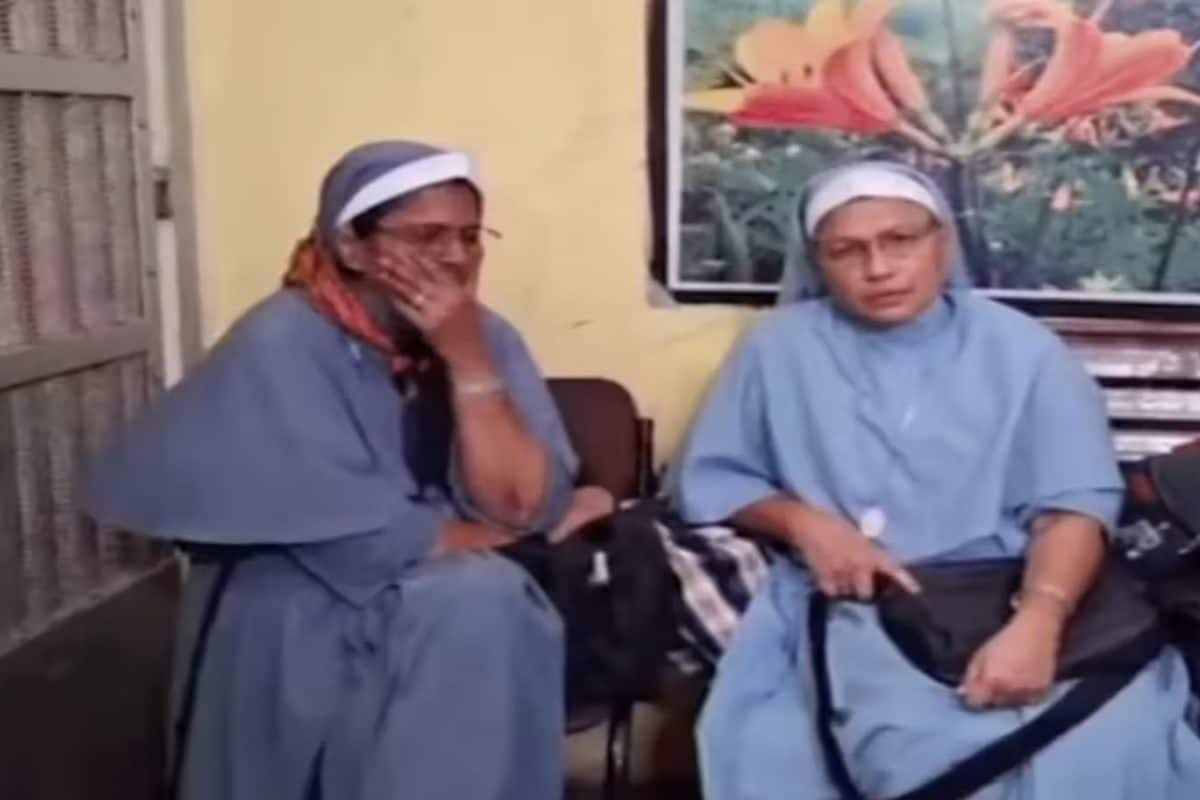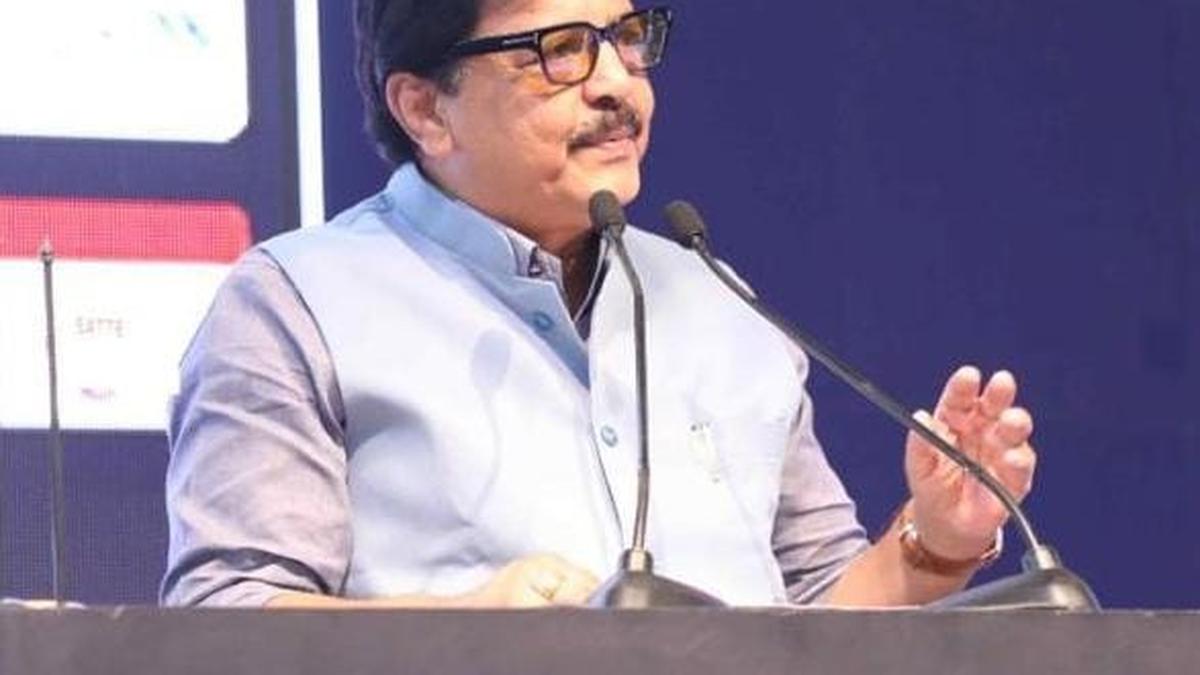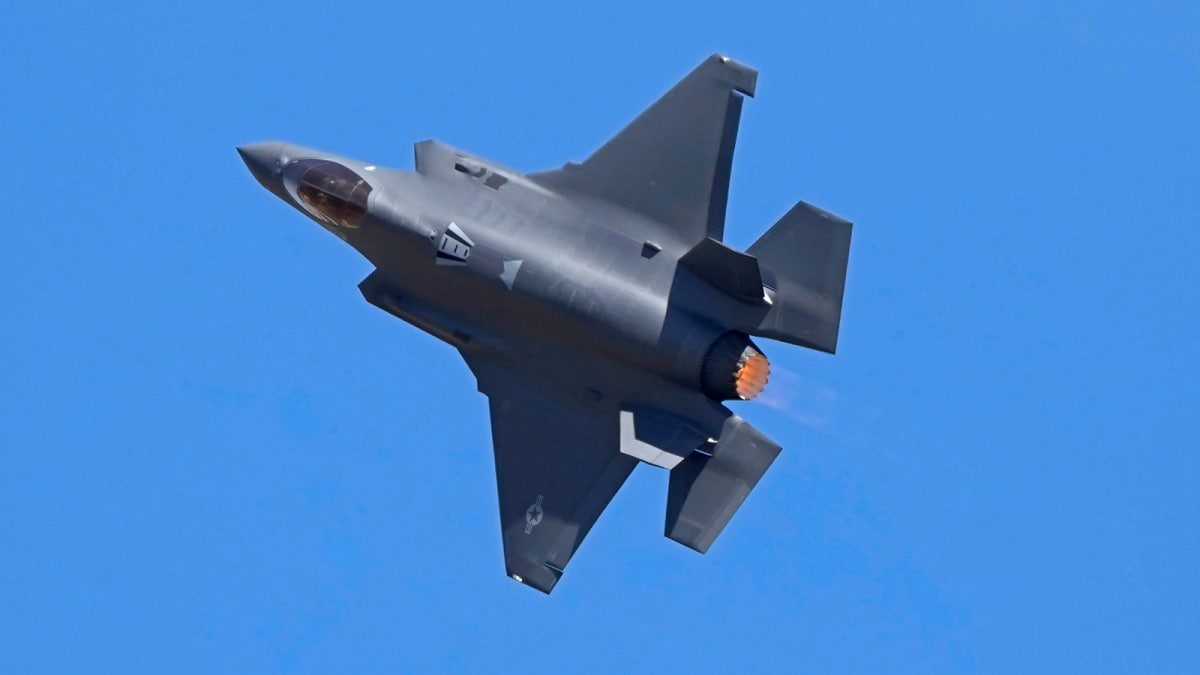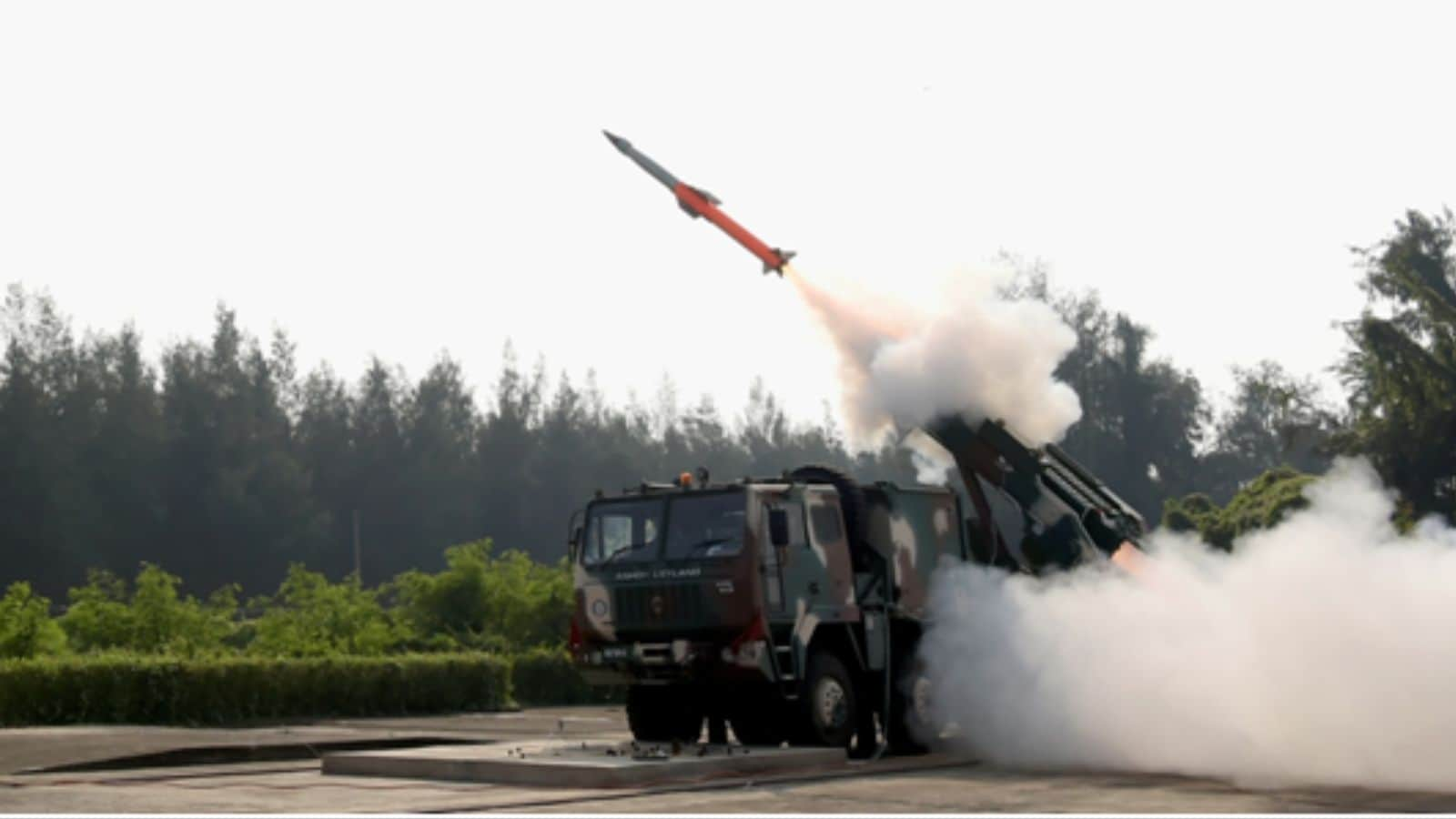ARTICLE AD BOX
Talking about his nearly three decade-long career in Hollywood, Kal Penn, American actor-producer of Indian origin, said that he stands on the shoulders of so many Indian and South Asian diaspora actors who are older than him by 40-50 years and whose names people don’t know because they never had the opportunities that he had. “I had those opportunities because of the doors that they kicked down in Hollywood,” he said, emphasising that contrary to popular perception, there was no “overnight switch” that created platforms for diaspora artists.
Penn, also an author, TV show host and former White House staffer, was in conversation with Anant Goenka, Executive Director, The Indian Express Group, at the Express Adda in Mumbai on Friday.
“It is easy to use a 2025 microscope and say I should have done that in 1998,” said Penn, recalling that he was told he couldn’t study acting and was called a “sell-out” for choosing to pursue theatre and arts.
Talking about his early films, he said: “People ask me if I regret playing the character of Taj Mahal in Van Wilder (2002), a teen sex comedy. I always say, first of all, you are welcome. Because without that, there would be no Harold and Kumar Go to White Castle (2004). And without that, I would not have got The Namesake (2006).”
It was Mira Nair’s then 14-year-old son Zohran Mamdani, who is now a New York State Assembly member running for Mayor, who suggested Penn’s name for The Namesake.
Asked about “liberalism in Hollywood”, Penn said: “It is the same liberalism you see supporting (Joe) Biden and (Kamala) Harris in their assault on Gaza, which is not that different from Donald Trump and JD Vance’s assault on Gaza. If you care about human rights, you see a distinct line, but I don’t see one with liberals in general. If you see what the Democratic Party has been doing on that particular issue, wages or taxation with a select few states, they have not really been wonderful in the way that true progressives have been.”
The actor, who wears many hats, served as White House staff member in the Barack Obama administration. Looking back at the Obama administration, Penn said he wished more had been done to secure public arts institutions. “We gave in to the fear-mongering around funding the arts. Now those institutions are getting dismantled,” he said.
Story continues below this ad
Commenting on the contemporary entertainment scenario, Penn said: “In content creation, people are taking fewer risks now. That’s why there is the perception that the lowest common denominator is the only thing that is being made now… It (art) needs to be subjective and not everything should be for everybody. I am not precious about the stuff I watch or the genres I want to be in. If I like a script or a story, that is enough. One of the challenges we are facing now is, if something does not appeal to business leaders or financiers think it should appeal to… it may not get greenlit. I hope that changes because that’s when you see more interesting content.”
While stand-up comics have come under the scanner in India and the US, the actor made it clear that he appreciates the work of those who have an authentic voice. “It does not mean I have to share their lived experience. It means that I find their style of storytelling vulnerable, authentic and fun to watch,” he said.
Commenting on the rise of incidents when people are offended by comedians, he said he does not understand the extreme reaction. “Sometimes, we misunderstand what getting cancelled means. Then, on other occasions, a comedian makes regressive jokes which upset people. I understand that. But as a relative purist, ideally I would defend the right to free speech even if that (the joke) bothers me.”
Connecting the growth of Indian streaming content to global creative trends, he praised shows like Delhi Crime and Made in Heaven for handling complex themes without pretending to represent a single, simplified idea of India. “What excites me the most is how Indian creators are making space for stories that are messy, local, honest, sometimes deeply political, sometimes just weird and joyful,” he said.
Story continues below this ad
Asked about South Asian solidarity, especially between Indian and Pakistani artists abroad, he said: “There is a shared experience among the diaspora. There are some divisions that exist on the sub-continent… there is also an undercurrent of the same stigmatisation that we all go through. Not just actors, but Nepali filmmakers and Sri Lankan creative people.”
The Express Adda is a series of informal interactions organised by The Indian Express Group and features those at the centre of change. Previous guests at the Adda include Nobel laureate Amartya Sen, External Affairs Minister S Jaishankar, Finance Minister Nirmala Sitharaman, His Holiness the Dalai Lama, philanthropist Bill Gates, actors Pankaj Tripathi and Tabu, oncologist and writer Siddhartha Mukherjee, musician T M Krishna, ecologist Romulus Whitaker and writer William Dalrymple.



.png)
.png)
.png)

























 English (US) ·
English (US) ·